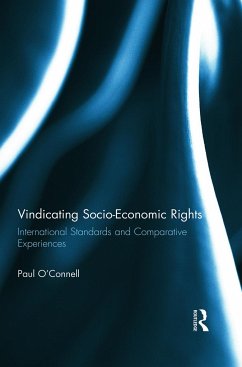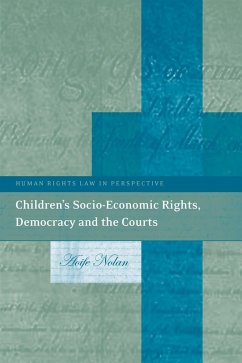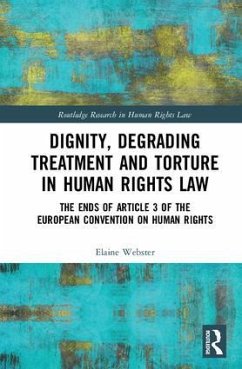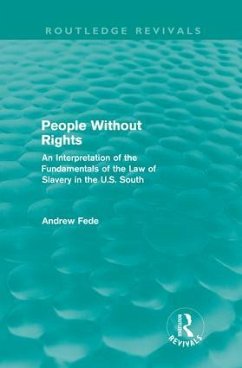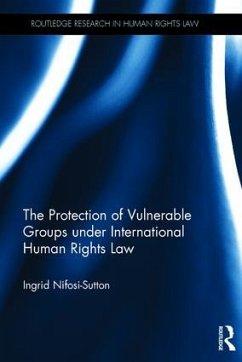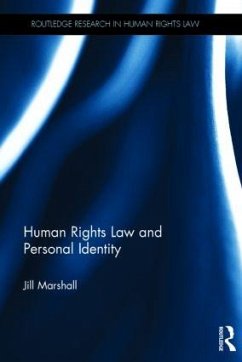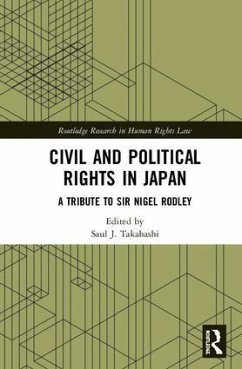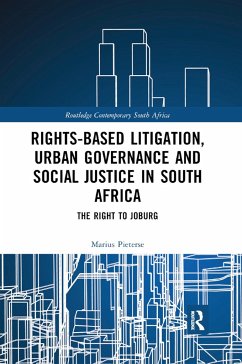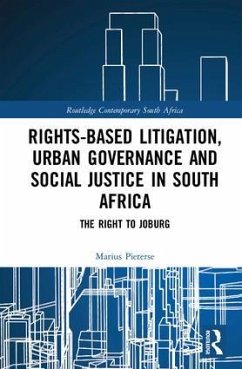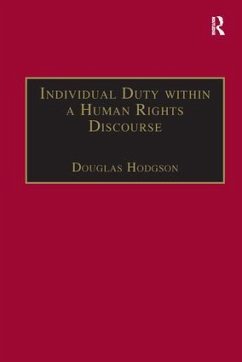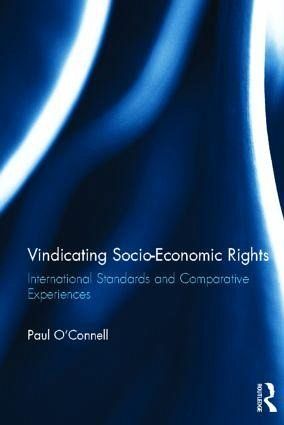
Vindicating Socio-Economic Rights
International Standards and Comparative Experiences
Versandkostenfrei!
Versandfertig in 1-2 Wochen
176,99 €
inkl. MwSt.
Weitere Ausgaben:

PAYBACK Punkte
88 °P sammeln!
Notwithstanding the widespread and persistent affirmation of the indivisibility and equal worth of all human rights, socio-economic rights continue to be treated as the "Cinderella" of the human rights corpus. At a domestic level this has resulted in little appetite for the explicit recognition and judicial enforcement of such rights in constitutional democracies. The primary reason for this is the prevalent apprehension that the judicial enforcement of socio-economic rights is fundamentally at variance with the doctrine of the separation of powers. This study, drawing on comparative experienc...
Notwithstanding the widespread and persistent affirmation of the indivisibility and equal worth of all human rights, socio-economic rights continue to be treated as the "Cinderella" of the human rights corpus. At a domestic level this has resulted in little appetite for the explicit recognition and judicial enforcement of such rights in constitutional democracies. The primary reason for this is the prevalent apprehension that the judicial enforcement of socio-economic rights is fundamentally at variance with the doctrine of the separation of powers. This study, drawing on comparative experiences in a number of jurisdictions which have addressed (in some cases more explicitly than others) the issue of socio-economic rights, seeks to counter this argument by showing that courts can play a substantial role in the vindication of socio-economic rights, while still respecting the relative institutional prerogatives of the elected branches of government. Drawing lessons from experiences in South Africa, India, Canada and Ireland, this study seeks to articulate a "model adjudicative framework" for the protection of socio-economic rights. In this context the overarching concern is to find some role for the courts in vindicating socio-economic rights, while also recognising the importance of the separation of powers and the primary role that the elected branches of government must play in protecting and vindicating such rights. The text incorporates discussion of the likely impact and significance of the Optional Protocol to the International Covenant on Economic, Social and Cultural Rights, and looks at the implications of the Mazibuko decision for the development of South Africa's socio-economic rights jurisprudence.





